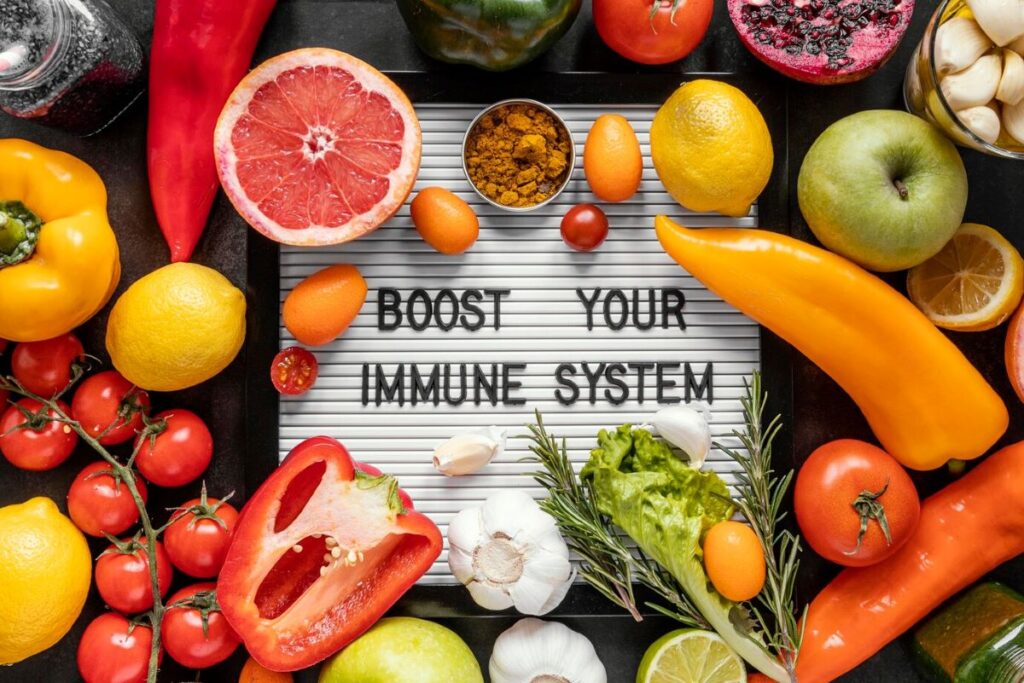The plant-based alternative meat industry is growing at a rate that surpasses regular food growth and is expected to reach 24.8 billion dollars by 2030. Companies are clamouring to satisfy the palates of vegans and vegetarians and to persuade meat lovers to make the switch.
Switching to plant-based meat alternatives is fuelled by the search for benefits by reducing meat consumption. Others are supportive of the ethical implications for sustainability and the environment and for the protection of animal rights.
Plant-Based Options
These products have a vast and ever-increasing range, from the sizzling satisfaction of a red hot sausage, fake-on (veggie bacon), heme-iron-infused soy burgers with a meaty taste and texture, jackfruit “pulled pork,” mushroom and lentil burgers, dairy product substitutes like oat and almond milks, and exotic seafood-like options. Manufacturers are bent on copying the appearance, texture, and taste of conventional products, and they are quickly succeeding, some faring better than others.
Healthy or Not?
There is a push to include plant-based meat alternatives in schools and hospitals, which demands more research into the pros and cons. These foods are ultra-processed, which defeats the purpose of some healthy eating goals. Manufacturers are taking advantage of the growing trend but use highly refined and processed ingredients, which diminish nutrients like fibre, vitamins, minerals, polyphenols, and mono-unsaturated fats, which is what makes whole plant foods good for the body. Some products are often genetically modified, as is the case of soy, which is one of the main ingredients in many plant-based meat patties.
On the other hand, proponents of plant-based, innovative, high tech products cite the benefit of products like soy that have the nine amino acids needed for growth in a human body. Many of these alternatives are rich in fibre, vitamin C, and iron, and have lower processed saturated fats, which can reduce cholesterol. Some manufacturers strive to preserve the high protein content necessary to build muscle strength, with the added benefit of being easier to digest.
Conveniences like longer shelf life, ease of preparation, and wide availability may be coveted by converts to the alternative, plant-based world but are these factors contributing to better health? If someone’s goal in switching to a plant-based diet is for better health then emphasis must be on the quality of the product and use of recognizable ingredients like legumes, grain, and other assorted vegetables.
It seems practical that people should consider simply eating the original plant created by nature rather than a man-made substitute. For those who just cannot eat just plants, then the plant-based imitations are adequate if common sense is applied when making choices. Read labels, watch for high sodium content, added sugars, artificial colouring, questionable additives, and caloric value. These alternatives are not all created equal.
Better yet, challenge yourself and make your own.
Janet Bennett-Cox | Contributing Writer










